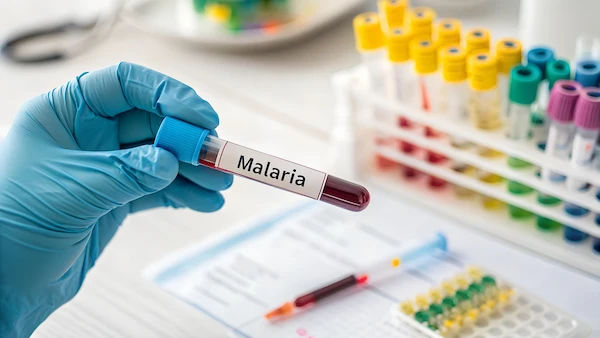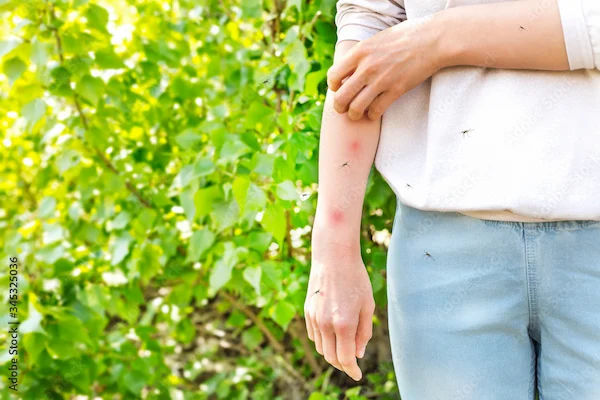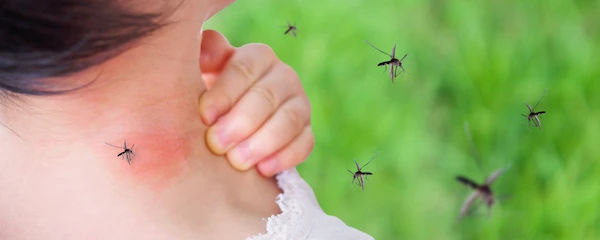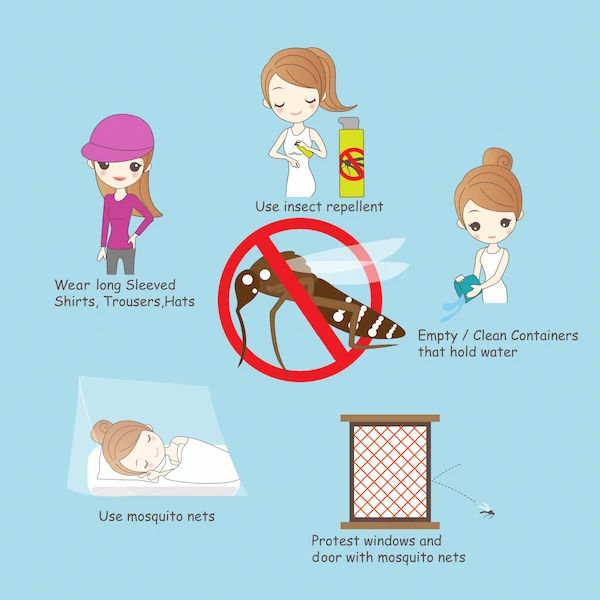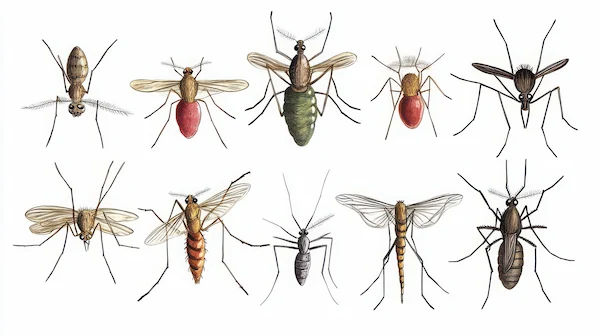Malaria Symptoms and Treatment Guide
Learn about malaria symptoms, causes, treatment, and prevention. Discover how to protect yourself and when to seek help. Book expert care through Apollo 24|7.

Written by Dr. Mohammed Kamran
Reviewed by Dr. Dhankecha Mayank Dineshbhai MBBS
Last updated on 23rd Jul, 2025

Malaria Symptoms and Treatment Guide
Malaria is a serious but preventable and treatable disease caused by parasites transmitted through the bite of infected mosquitoes. It affects millions of people worldwide, especially in tropical and subtropical regions. If you or a loved one is at risk, understanding the symptoms, causes, and treatment options can help in early detection and effective management.
What is Malaria?
Malaria is a life-threatening disease caused by Plasmodium parasites, which are spread to humans through the bites of infected female Anopheles mosquitoes. Once inside the body, these parasites multiply in the liver and then infect red blood cells, leading to symptoms that can range from mild to severe.
Common Symptoms of Malaria
Malaria symptoms usually appear 10–15 days after being bitten by an infected mosquito. However, in some cases, symptoms may take longer to develop. The most common signs include:
- High fever (often with chills and sweating)
- Headache
- Muscle and joint pain
- Fatigue and weakness
- Nausea and vomiting
- Diarrhea
- Anemia (pale skin, dizziness)
In severe cases, malaria can lead to complications such as:
- Cerebral malaria (affecting the brain, causing seizures or coma)
- Severe anemia (due to destruction of red blood cells)
- Kidney failure
- Breathing difficulties
If you experience any of these symptoms—especially after traveling to a malaria-prone area—seek medical help immediately.
How is Malaria Transmitted?
Malaria spreads through:
1. Mosquito bites – The primary mode of transmission.
2. Mother to unborn child – Pregnant women can pass the infection to their babies.
3. Blood transfusions or shared needles – Rare, but possible.
It does not spread through casual contact like touching or coughing.
Consult a Top General Physician for More Health Benefits
Who is at Risk?
People living in or traveling to tropical regions (such as parts of Africa, Asia, and South America) are at higher risk. Additionally:
- Pregnant women
- Young children
- People with weakened immune systems (HIV/AIDS, chemotherapy patients)
- Diagnosis and Treatment
Diagnosis
If malaria is suspected, doctors will perform:
- Blood tests – To detect the parasite.
- Rapid diagnostic tests (RDTs) – Quick screening for malaria antigens.
- Early diagnosis is crucial to prevent complications.
Treatment
Treatment depends on:
- The type of Plasmodium parasite.
- The severity of symptoms.
- The patient’s age and pregnancy status.
Common antimalarial medications include:
- Chloroquine (if the parasite is sensitive to it)
- Artemisinin-based combination therapies (ACTs) – Most effective for severe cases.
- Quinine or Mefloquine – Used in resistant strains.
- Hospitalization may be needed for severe malaria.
Prevention Tips
The best way to avoid malaria is prevention:
1. Avoid Mosquito Bites
- Use insect repellent (containing DEET, picaridin, or oil of lemon eucalyptus).
- Wear long-sleeved clothing and pants in high-risk areas.
- Sleep under mosquito nets (preferably insecticide-treated).
- Use window and door screens to keep mosquitoes out.
2. Take Antimalarial Medications (if traveling to high-risk areas)
- Consult a doctor before traveling for prophylactic (preventive) medicines.
- Common preventive drugs include doxycycline, atovaquone-proguanil, or mefloquine.
3. Eliminate Mosquito Breeding Sites
- Remove stagnant water (where mosquitoes breed).
- Use mosquito coils or sprays indoors.
When to See a Doctor?
Seek immediate medical attention if:
- You develop fever, chills, or flu-like symptoms after visiting a malaria-prone area.
- Symptoms worsen despite home care.
- You experience confusion, seizures, or difficulty breathing (signs of severe malaria).
Early treatment can save lives!
Can Malaria Be Cured?
Yes! With proper diagnosis and timely treatment, most people recover fully. However, some strains (like Plasmodium falciparum) can be deadly if untreated.
Conclusion
Malaria is a dangerous but preventable disease. By taking precautions—such as using mosquito nets, repellents, and preventive medications—you can significantly reduce your risk. If you suspect malaria, do not delay medical care.
Need Help? Book a Consultation Today!
If you have symptoms or are planning to travel to a malaria-prone region, consult a doctor for guidance. You can easily book a consultation or lab test through Apollo 24|7 for expert advice and care.
Consult a Top General Physician for More Health Benefits
Consult a Top General Physician for More Health Benefits

Dr. Rajib Ghose
General Practitioner
25 Years • MBBS
East Midnapore
VIVEKANANDA SEBA SADAN, East Midnapore

Dr. Mohamed Azeem
General Physician/ Internal Medicine Specialist
2 Years • MBBS,MD(Internal Medicine) CCEBDM
Karaikudi
Apollo Hospitals Karaikudi, Karaikudi
Dr. Sujay P R
General Physician/ Internal Medicine Specialist
3 Years • MBBS
Bengaluru
PRESTIGE SHANTHINIKETAN - SOCIETY CLINIC, Bengaluru

Dr. Arpit Pandey
General Practitioner
7 Years • MD (Physician)
Gurugram
MedVain, Gurugram
(25+ Patients)
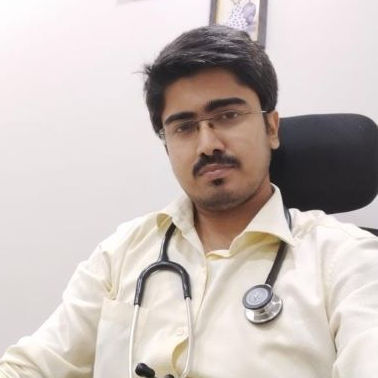
Dr. Satyaki Basu
General Physician/ Internal Medicine Specialist
12 Years • MBBS, MD General Medicine
Kolkata
ORBIT Diabetes Clinic, Kolkata
(25+ Patients)
